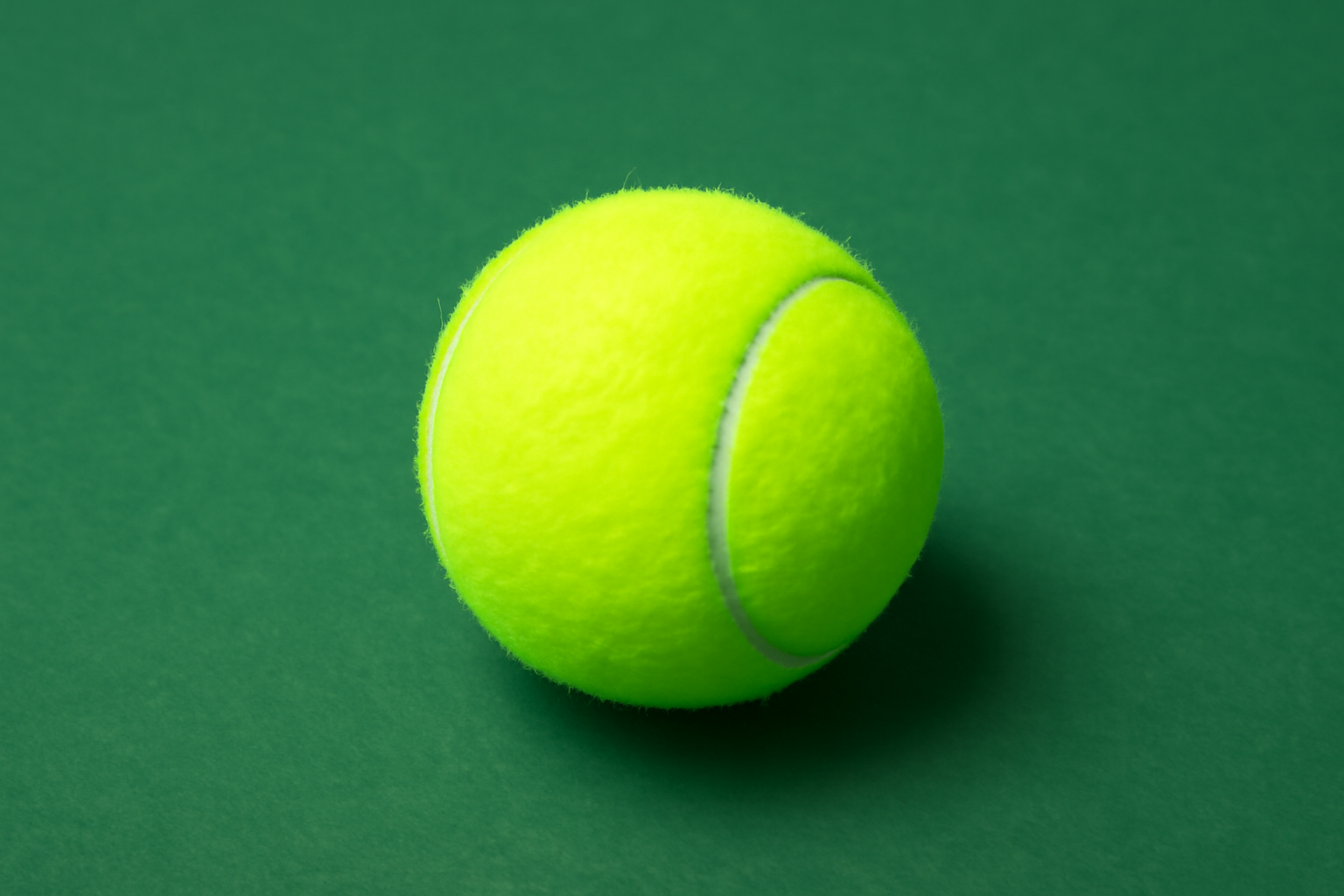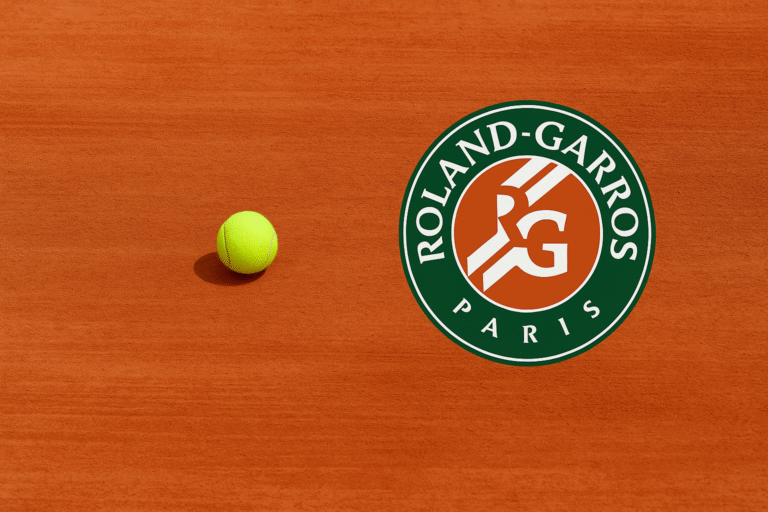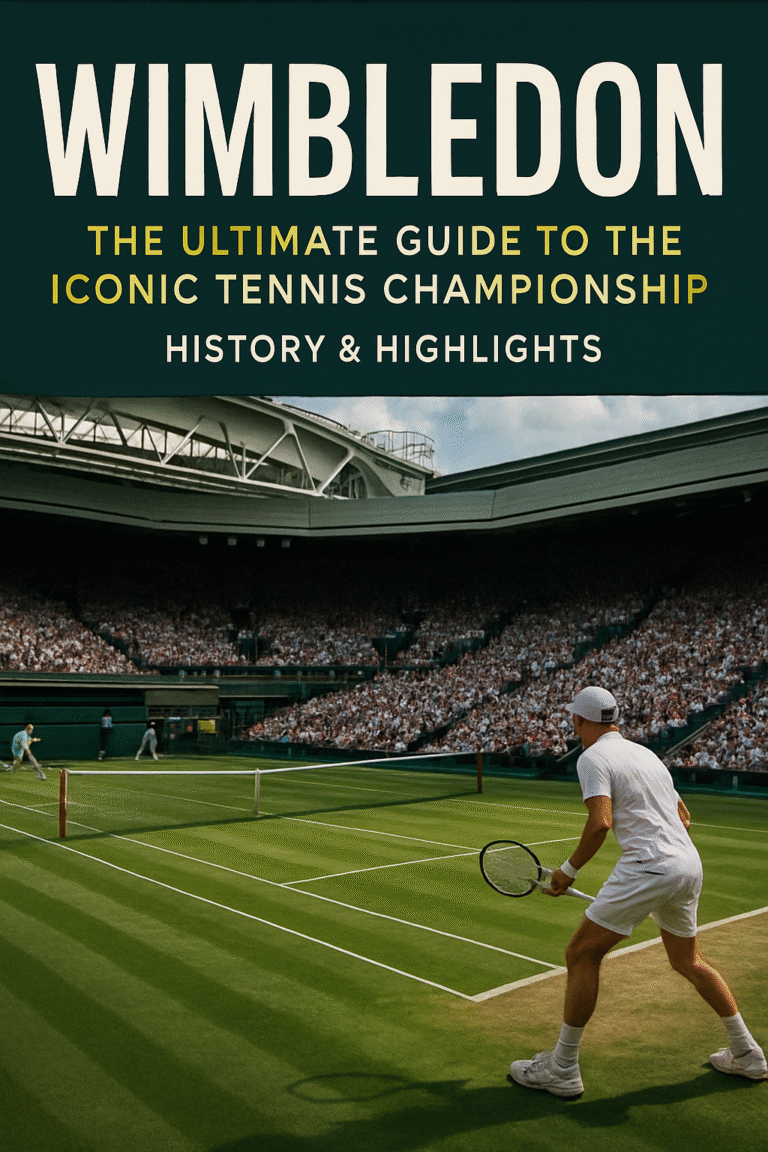Tennis Ball: Types, Usage, and Tips for Selection | SportsInfoo
When it comes to playing tennis, the tennis ball is an essential piece of equipment. Whether you’re a recreational player or an aspiring professional, the choice of your tennis ball can impact your game. In this post, I’ll share everything you need to know about tennis balls from types, brands, and selection tips, to how they influence your gameplay.
What is a Tennis Ball?
A tennis ball is a small, rubber ball covered in a layer of felt, and it’s used in the sport of tennis. These balls are specially designed to bounce high and travel fast, allowing players to engage in fast-paced rallies. The felt covering helps reduce friction with the court surface, while the rubber inside maintains bounce and elasticity.
Types of Tennis Balls
Not all tennis balls are created equal. They come in different types, each designed for specific purposes. Here’s a breakdown of the most common types:
1. Regular Duty Tennis Balls
Regular duty tennis balls are best for indoor play or on soft, clay courts. These balls are made with a thinner felt, which helps them stay softer and offer a better bounce on softer surfaces. If you’re mostly playing on clay or indoor courts, regular-duty balls will be your best bet.
2. Extra Duty Tennis Balls
Extra-duty tennis balls are designed for hard court surfaces, like asphalt and concrete. The extra-thick felt on these balls gives them added durability, allowing them to withstand the friction of rough surfaces without wearing down quickly. These are the most common choice for outdoor tennis enthusiasts.
3. High Altitude Tennis Balls
If you play at high altitudes, you’ll need high altitude tennis balls. These balls are designed with less internal pressure to compensate for the lower air pressure at higher elevations. As a result, they won’t bounce excessively like regular balls would in thinner air, giving you a more controlled experience at those heights.
4. Pressureless Tennis Balls
Pressureless tennis balls are often used for practice or for players who want longer-lasting balls. Unlike traditional tennis balls, which are pressurized with air to maintain their bounce, pressureless balls don’t lose their bounce over time. This makes them great for ball machines and training sessions, though they don’t feel quite as lively as regular pressurized balls.
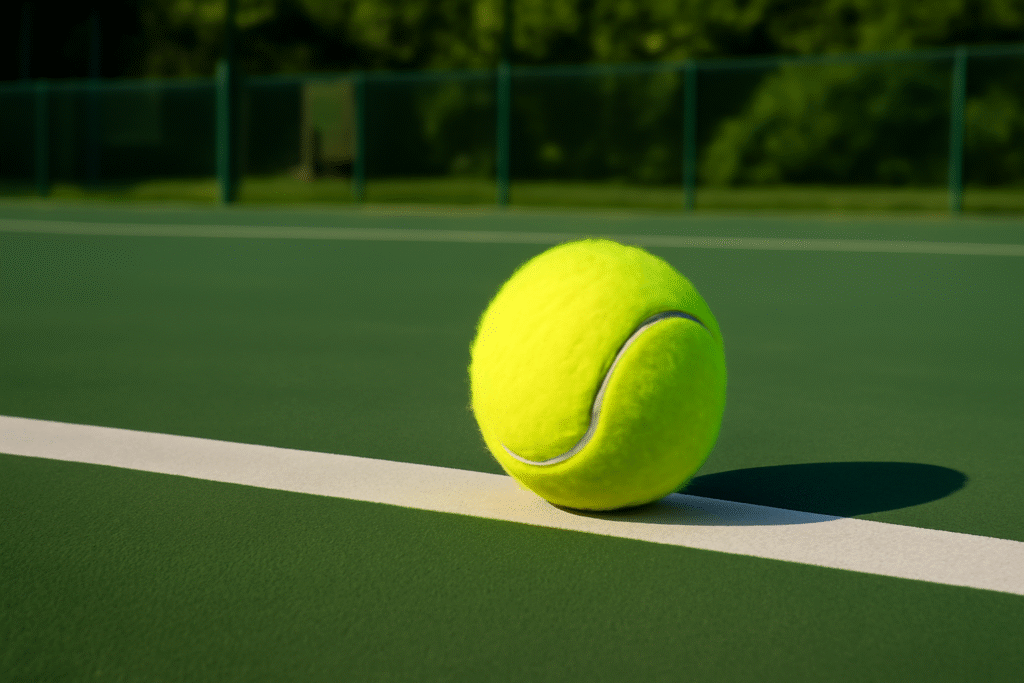
Tennis Ball Brands: Which One is Right for You?
When selecting the right tennis ball, the brand you choose can make a noticeable difference in your game. Here are a few of the top brands that produce high-quality tennis balls:
Wilson:
Known for their exceptional quality, Wilson is one of the most popular tennis ball brands in the world. The Wilson US Open Tennis Balls are renowned for their consistent bounce and durability.
Penn:
Another leading brand, Penn Tennis Balls are widely used in tournaments and recreational play. Their Championship Balls are known for their performance on hard courts.
Babolat:
With a strong presence in both tennis racquets and balls, Babolat provides high-performance tennis balls that are favored by both amateurs and professionals alike.
Head:
Famous for their innovative designs, Head tennis balls are trusted for their durability and long-lasting performance on various court surfaces.
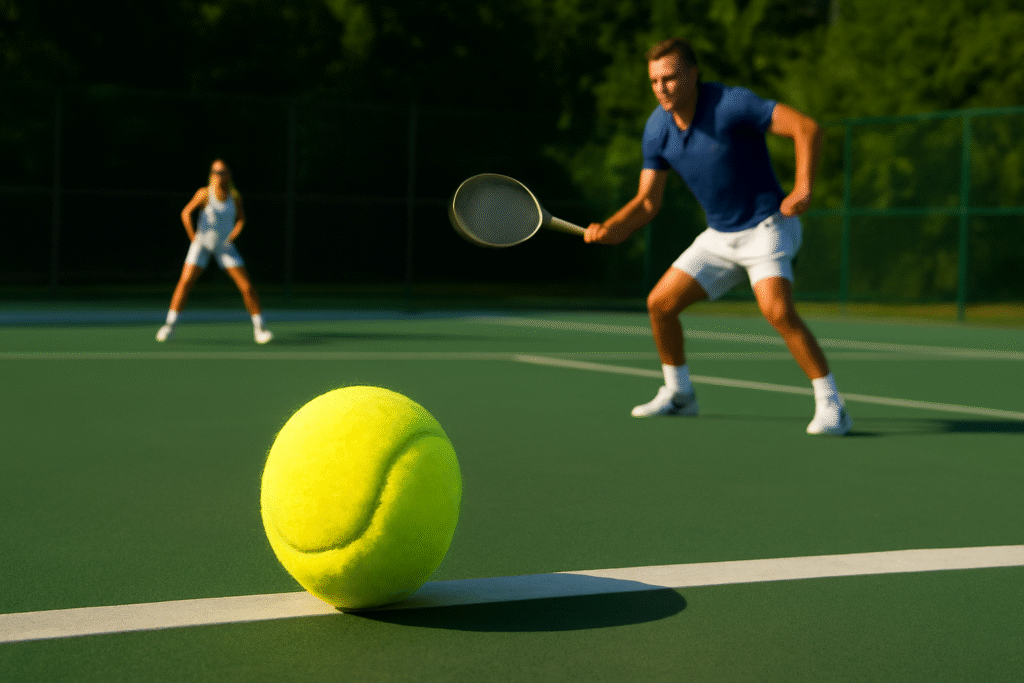
Wanna explore much more related to Football, Golf, Cricket, and all popular sports?
Visit us today at sportsinfoo.online
How to Choose the Right Tennis Ball for Your Game
Choosing the best tennis ball depends largely on your playing style, the type of court you play on, and your personal preferences. Here’s a simple guide to help you make the right decision:
1. Surface Type
If you mostly play on clay, you should opt for regular-duty tennis balls as they offer a better bounce on softer surfaces. For hard courts, extra-duty balls are the best option, as they’re designed to withstand the wear and tear of rougher surfaces.
2. Playing Frequency
If you play tennis frequently, you might want to invest in extra duty tennis balls, as they tend to last longer on hard courts. If you’re using a ball machine or practicing with a coach, pressureless tennis balls might be a good choice, as they’re more durable over time.
3. Climate and Altitude
If you live in a high-altitude area, high altitude tennis balls will help maintain the best bounce. At sea level or in lower altitudes, regular tennis balls work just fine.
How Do Tennis Balls Affect Gameplay?
The choice of tennis ball can have a direct impact on your game. A ball that doesn’t perform well can affect the speed, trajectory, and accuracy of your shots. For example, a ball that’s too soft might not bounce as high or as consistently, making it harder to control your shots. On the other hand, a ball that’s too hard might feel sluggish and make it difficult to generate spin.
1. Bounce and Control
Different types of tennis balls have varied bounce characteristics. High-quality balls bounce consistently, giving players more control over their shots. If you play with poor-quality balls, you may notice that the bounce is unpredictable, which can throw off your rhythm during the match.
2. Spin and Speed
The felt on a tennis ball influences its ability to grip the strings of the racket. Players who rely on generating spin will need a ball with a good texture to interact effectively with the strings. Additionally, the pressure inside the ball affects its speed. Pressureless balls, for example, tend to travel slower than pressurized ones.
How to Store Tennis Balls
Proper storage is essential to maintain the longevity of your tennis balls. Here are a few tips to ensure your balls stay in good condition:
- Avoid Storing Balls in Hot or Humid Places:
Heat can cause the air inside the ball to expand, leading to premature wear. Store your balls in a cool, dry place. - Keep Them in a Can:
Storing your tennis balls in a sealed can will help preserve their pressure and bounce, especially for pressurized balls.
Conclusion
Whether you’re just starting out or you’re an experienced tennis player, choosing the right tennis ball is essential to ensuring you get the most out of your game. The correct ball will improve your control, bounce, and overall gameplay experience. Consider factors such as your court type, playing frequency, and altitude to select the best ball for your needs.
If you're interested in Hockey passion and power, explore now
